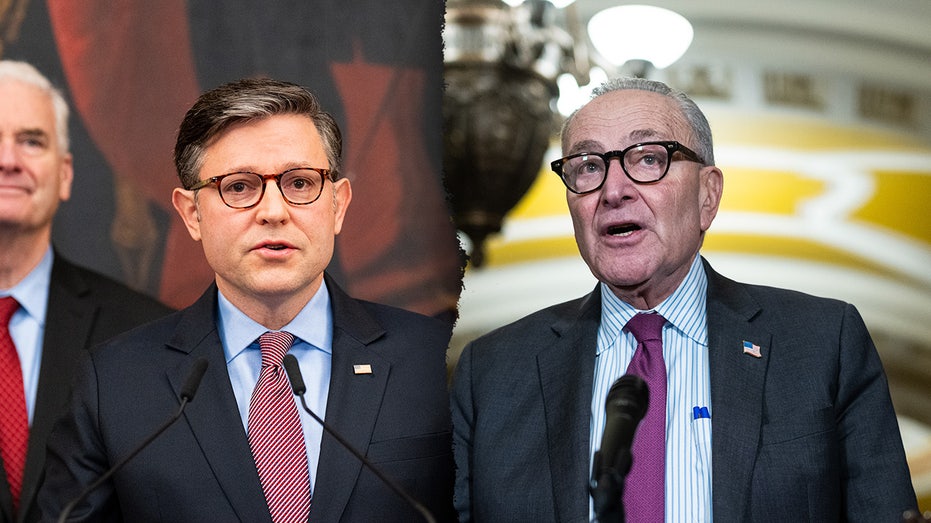The nation teeters on the brink of a historic shutdown, now the second-longest in history. With less than a week remaining, it threatens to surpass the crippling 35-day closure of 2018-2019, leaving millions facing uncertainty as essential services dwindle.
Speaker Mike Johnson’s decision to keep the House adjourned for a sixth consecutive week intensifies the pressure on Senate Democrats. This strategic pause, while intended to force a compromise, is drawing sharp criticism as vital programs face imminent funding cuts.
This weekend marks a critical turning point. Funding for the Supplemental Nutrition Assistance Program (SNAP), a lifeline for 42 million Americans, is expected to vanish. The potential loss of food assistance casts a long shadow over families already struggling to make ends meet.
The impact extends beyond food security. The Women, Infants, and Children (WIC) program, crucial for pregnant mothers and young children, is also at risk, despite recent efforts to redistribute funds. Head Start, providing essential childcare for low-income families, faces a similar fate.
At the heart of the impasse lies a short-term funding plan proposed by Republicans – a continuing resolution (CR) offering a seven-week extension of current levels. It includes $88 million for security measures, garnering bipartisan support, yet failing to bridge the wider divide.
Democrats are voicing outrage over being excluded from funding negotiations. Their primary demand centers on extending enhanced Affordable Care Act subsidies, set to expire by the end of 2025, a measure Republicans acknowledge needing discussion but refuse to include in the current resolution.
The approaching open enrollment period for healthcare is seen as a potential leverage point for Democrats, hoping to compel Republicans to reconsider their position. However, Speaker Johnson remains firm, insisting the House cannot act until the Senate resolves the shutdown.
Instead, Johnson is urging Republicans to remain in their districts, focusing on communicating the shutdown’s effects to their constituents and offering assistance. This strategy, initially met with unity, is now showing signs of fracturing within the GOP ranks.
Dissent is brewing among some House Republicans. Representatives Marjorie Taylor Greene, Kevin Kiley, and Dan Crenshaw have publicly questioned the effectiveness of the current strategy, expressing varying degrees of frustration during a recent closed-door meeting.
While Greene and Kiley have voiced concerns for weeks, Crenshaw’s recent doubts are particularly significant. He reportedly stated he’s “no longer convinced that staying out of session has benefits that outweigh the costs,” signaling a growing unease with the prolonged inaction.
The stalemate continues, leaving the nation bracing for the consequences of a prolonged government shutdown and the disruption of essential services for millions of Americans.






